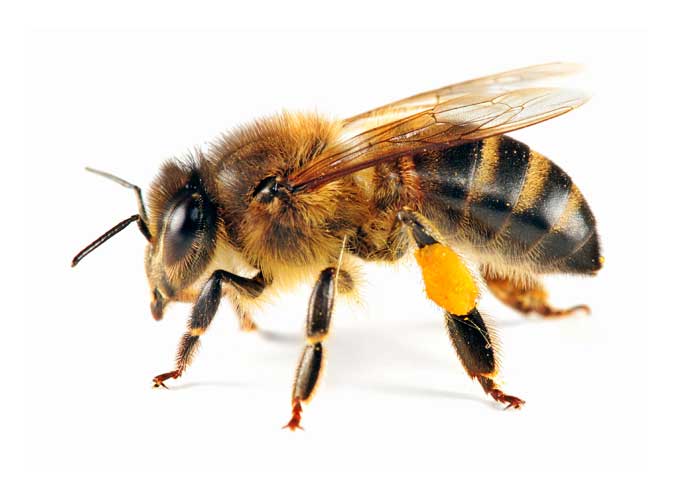Pesticides Threaten Bee Populations - Dan Davidson
Posted by Kevin Webb
on Apr 29, 2014

|

The dramatic decline in the bee population globally has disastrous consequences for our biodiversity and agriculture. Without honey bees 80% of the plants will disappear. Without specific plant species, butterflies will become extinct and our fruits and vegetables will diminish. A disaster for nature but also for humanity. The consequence of a dying bee population impacts man at the highest levels on our food chain, posing an enormously grave threat to human survival. Since no other single animal species plays a more significant role in producing the fruits and vegetables that we humans commonly take for granted yet require near daily to stay alive, the greatest modern scientist Albert Einstein once prophetically remarked, “Mankind will not survive the honeybees’ disappearance for more than five years.”
Published on Nov 27, 2013
This video is the story of a third generation beekeeping family whose business is threatened by the impact of neonicotinoid pesticides. See first-hand the devastation that is being wreaked on bees, pollinators and our ecosystem.
Neonicotinoids at-a-glance
- Very persistent in soil & water soluble.
- Systemic pesticides applied at the root (as seed coating or drench) & then taken up through the plant’s vascular system to be expressed in pollen, nectar & guttation droplets (like dew) from which bees then forage & drink.
- Systemics on food cannot be washed off.
- Nicotine-like, neurotoxic insecticides that bind to nicotinic acetylcholine receptors in insects’ brains.
- Bees have a particular genetic vulnerability to these & other pesticides because they have more of these receptors, as well as more learning & memory genes, & fewer genes for detoxification.
- Widely used on more than 140 crop varieties, as well as on termites, flea treatments, lawns & gardens.
- Fastest-growing class of synthetic pesticides in history. Imidacloprid is Bayer Crop Science's top-selling product.
- the pesticide gets into the pollen systemically.
